The Enchanting World of Mushrooms: A Journey into the Fascinating Kingdom of Fungi
Mushrooms, those peculiar little growths that sprout from the earth after a rain, have captivated human curiosity for millennia. From ancient folklore to modern medicine, mushrooms have played a significant role in our lives.
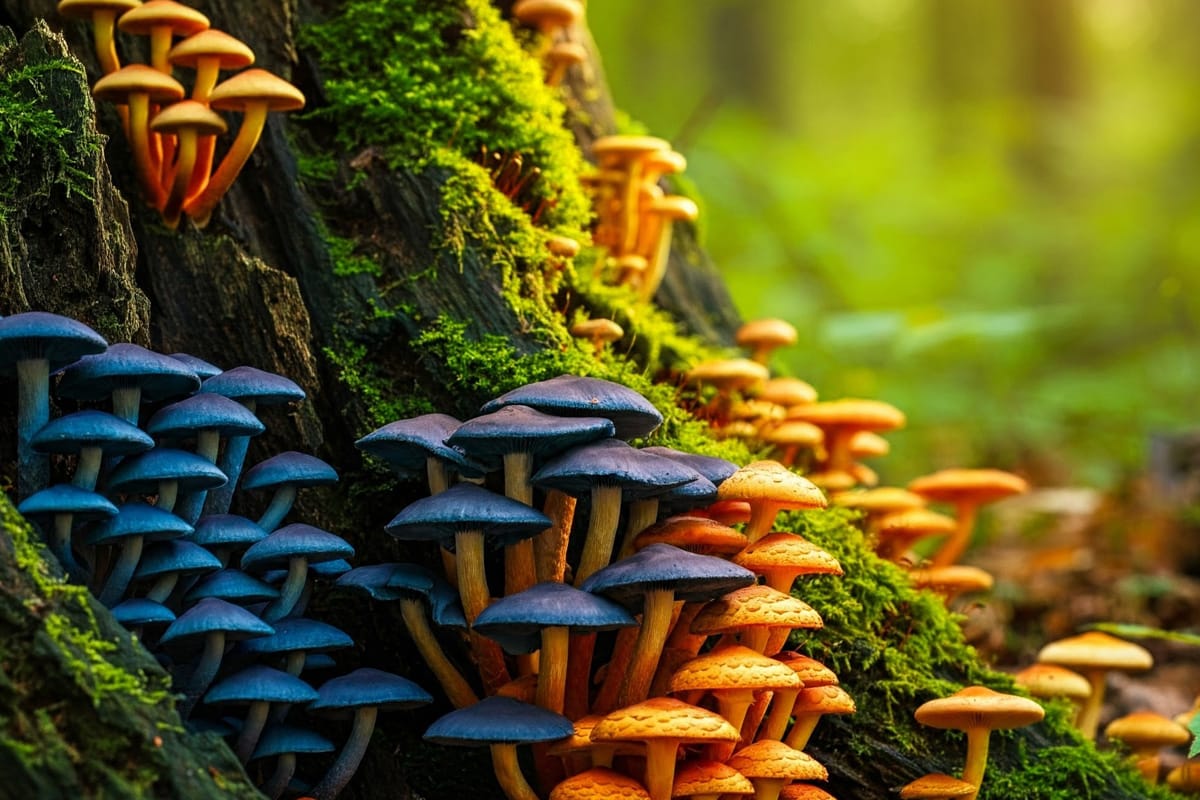
But what exactly are they? What secrets do they hold? And why are they so fascinating?
In this article, we will embark on a journey into the enchanting world of mushrooms, exploring their diverse forms, their vital ecological roles, and the myriad ways they impact our lives.
Mushrooms: Nature's Recyclers
At their core, mushrooms are the fruiting bodies of fungi, a vast and diverse kingdom of organisms that play a crucial role in the ecosystem. Fungi are nature's recyclers, breaking down dead organic matter and returning essential nutrients to the soil. Without fungi, the natural world as we know it would simply cease to exist.
The Diversity of Mushrooms
The world of mushrooms is incredibly diverse, with an estimated 1.5 to 5 million species, though only a fraction have been identified and described. They come in all shapes, sizes, and colors, from the familiar button mushroom to the bizarre and beautiful Amanita muscaria, with its iconic red cap and white spots.
Mushrooms in the Ecosystem
Mushrooms form intricate relationships with other organisms in the ecosystem. Some form symbiotic partnerships with trees, exchanging nutrients through their vast underground networks of mycelium. Others are decomposers, breaking down dead plant and animal matter. Still others are parasites, feeding on living organisms.
Mushrooms and Humans
Mushrooms have had a long and complex relationship with humans. They have been used as food, medicine, and even in spiritual practices for thousands of years. Some mushrooms are highly prized for their culinary value, while others are feared for their toxicity.
Medicinal Mushrooms
Many mushrooms contain bioactive compounds that have potential health benefits. For centuries, traditional healers have used mushrooms to treat a variety of ailments. Modern science is now beginning to unravel the secrets of these medicinal mushrooms, with promising research into their potential for boosting immunity, fighting cancer, and improving cognitive function.
Types of Mushrooms
Let's delve into some of the most common and fascinating types of mushrooms:
Button Mushrooms (Agaricus bisporus)
These are the most widely cultivated mushrooms in the world, known for their mild flavor and versatility in the kitchen.
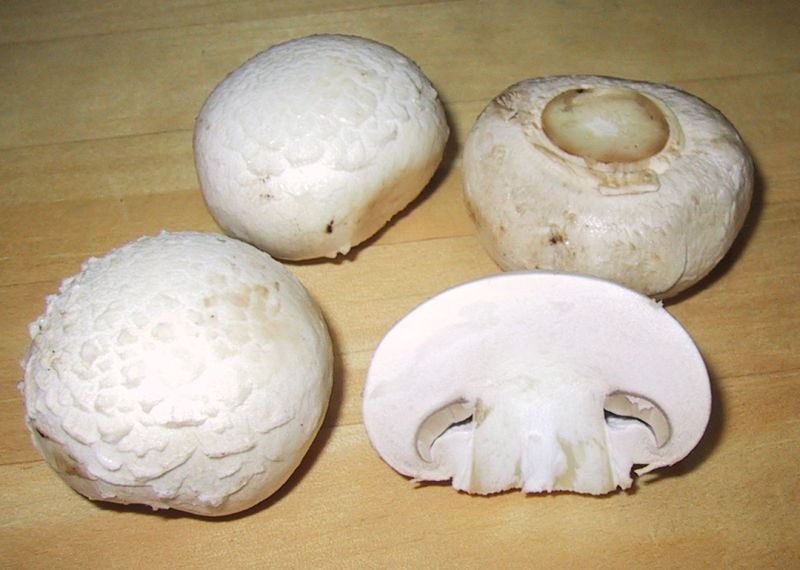
Shiitake Mushrooms (Lentinula edodes)
Shiitake mushrooms are native to East Asia and are prized for their rich, savory flavor and meaty texture. They are also known for their potential health benefits, including immune-boosting and cholesterol-lowering properties.
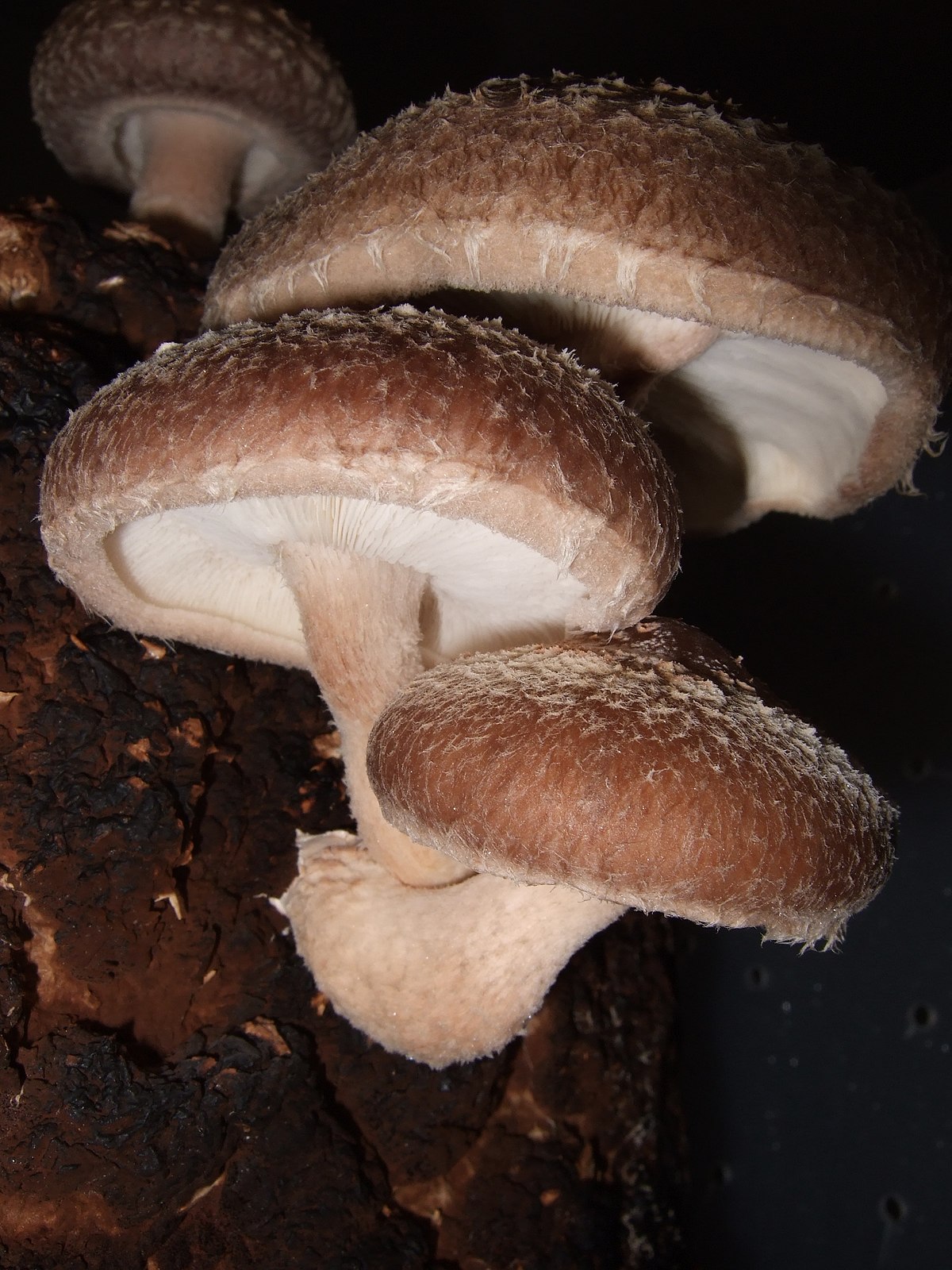
Oyster Mushrooms (Pleurotus ostreatus)
Oyster mushrooms are named for their resemblance to oysters and are known for their delicate flavor and velvety texture. They are a good source of protein and fiber and are also believed to have immune-boosting properties.
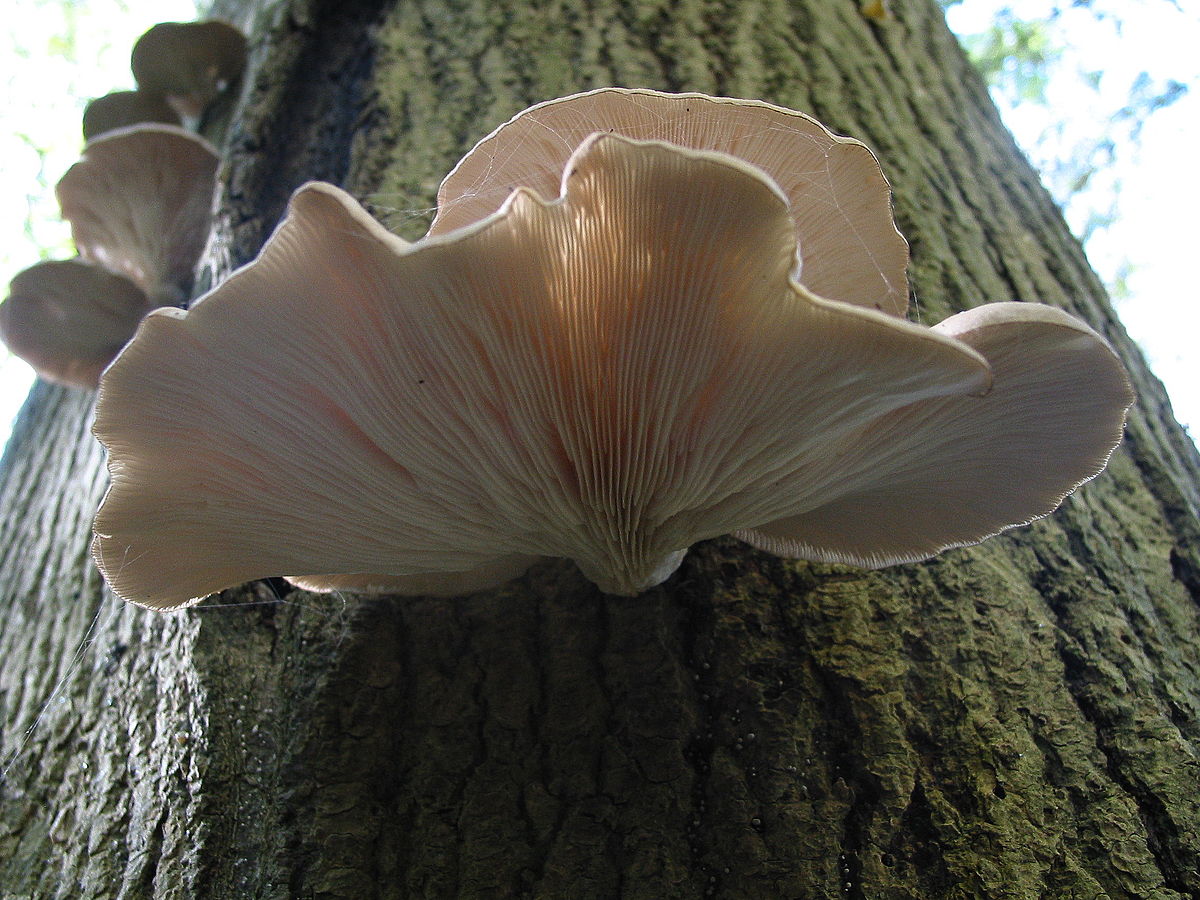
Lion's Mane Mushroom (Hericium erinaceus)
This unique mushroom, resembling a lion's mane, has been used in traditional Chinese medicine for centuries. Modern research suggests it may have neuroprotective properties and could potentially benefit cognitive function.

Reishi Mushroom (Ganoderma lucidum)
Reishi, also known as the "mushroom of immortality," has been revered in Asian cultures for its potential health benefits. It is believed to support the immune system, reduce stress, and promote longevity.
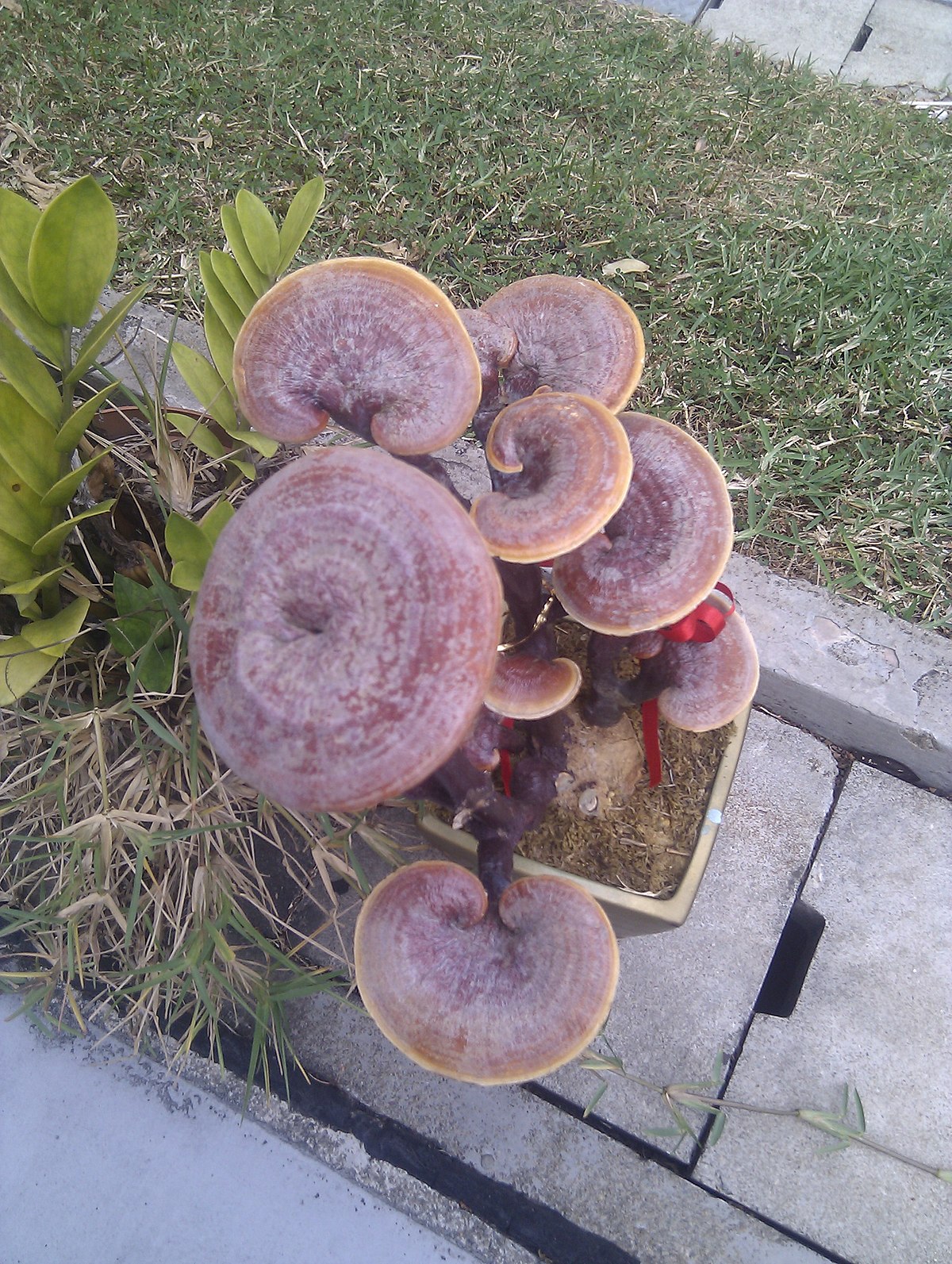
Chaga Mushroom (Inonotus obliquus)
Chaga is a parasitic fungus that grows on birch trees in cold climates. It has been used traditionally as a tonic and is now being studied for its potential antioxidant and anti-inflammatory properties.
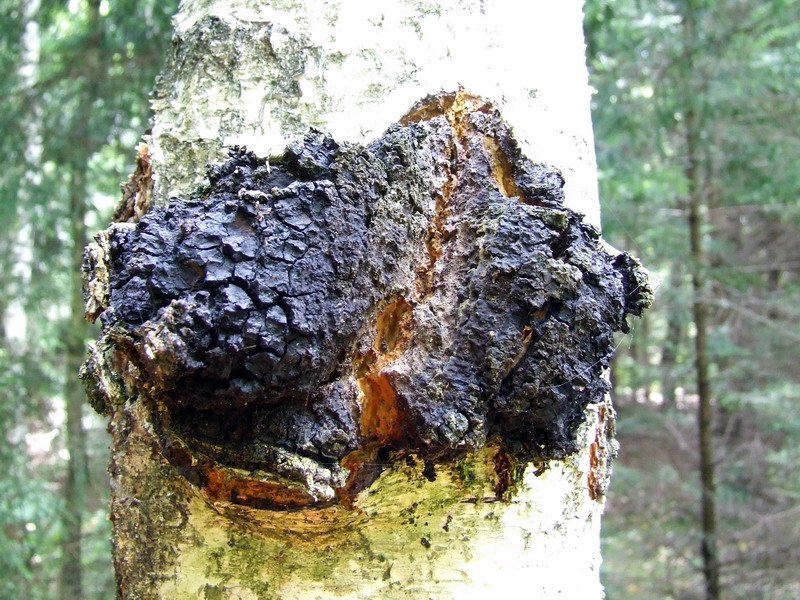
Cordyceps Mushroom (Cordyceps sinensis)
Cordyceps is a fascinating fungus that parasitizes insects. It has been used in traditional Chinese medicine for centuries and is believed to enhance energy, stamina, and athletic performance.

Maitake Mushroom (Grifola frondosa)
Maitake, also known as the "hen of the woods," is a large, flavorful mushroom that grows at the base of trees. It is a good source of vitamins and minerals and is also being investigated for its potential immune-boosting and anti-cancer properties.
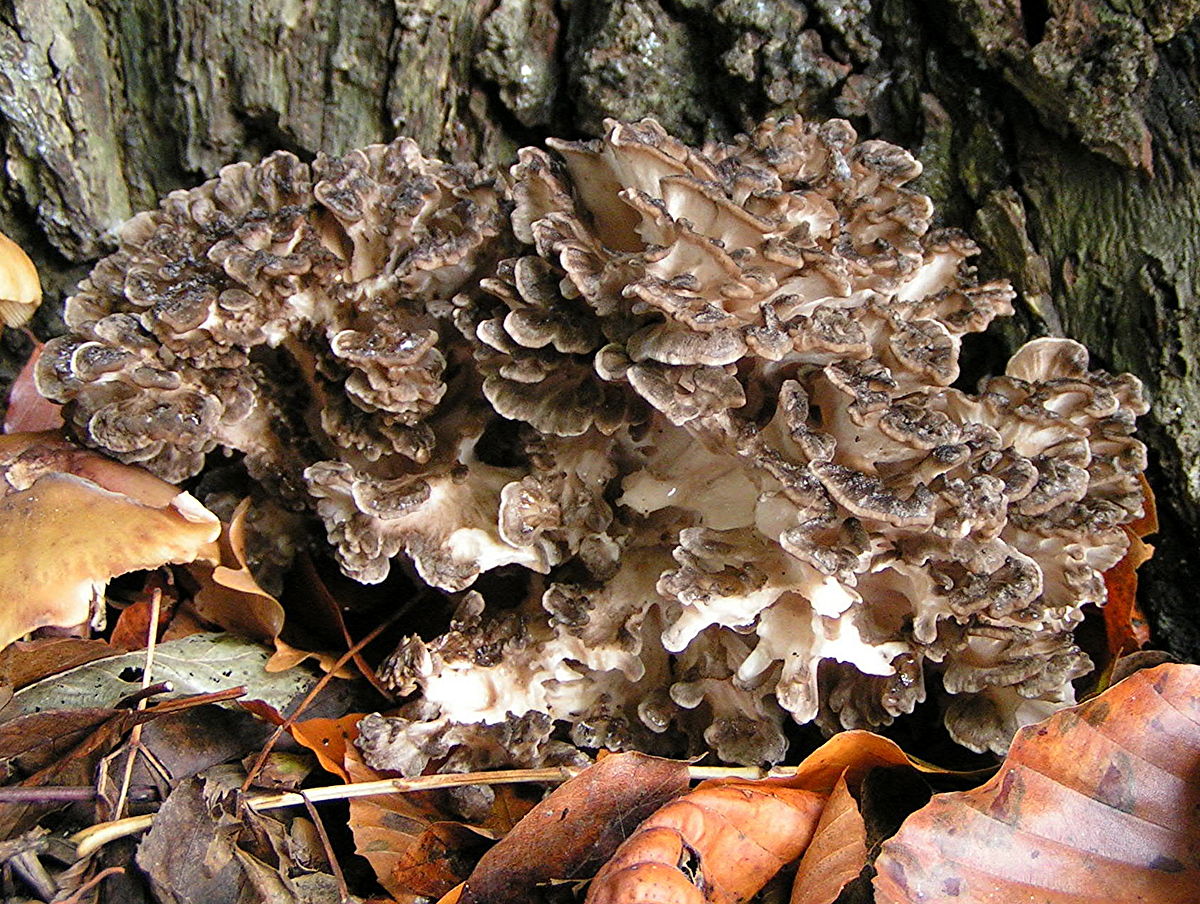
Turkey Tail Mushroom (Trametes versicolor)
Turkey tail is a common mushroom found on dead trees. It is easily recognizable by its colorful, fan-shaped caps. It contains compounds that may stimulate the immune system and is being studied for its potential in cancer treatment.
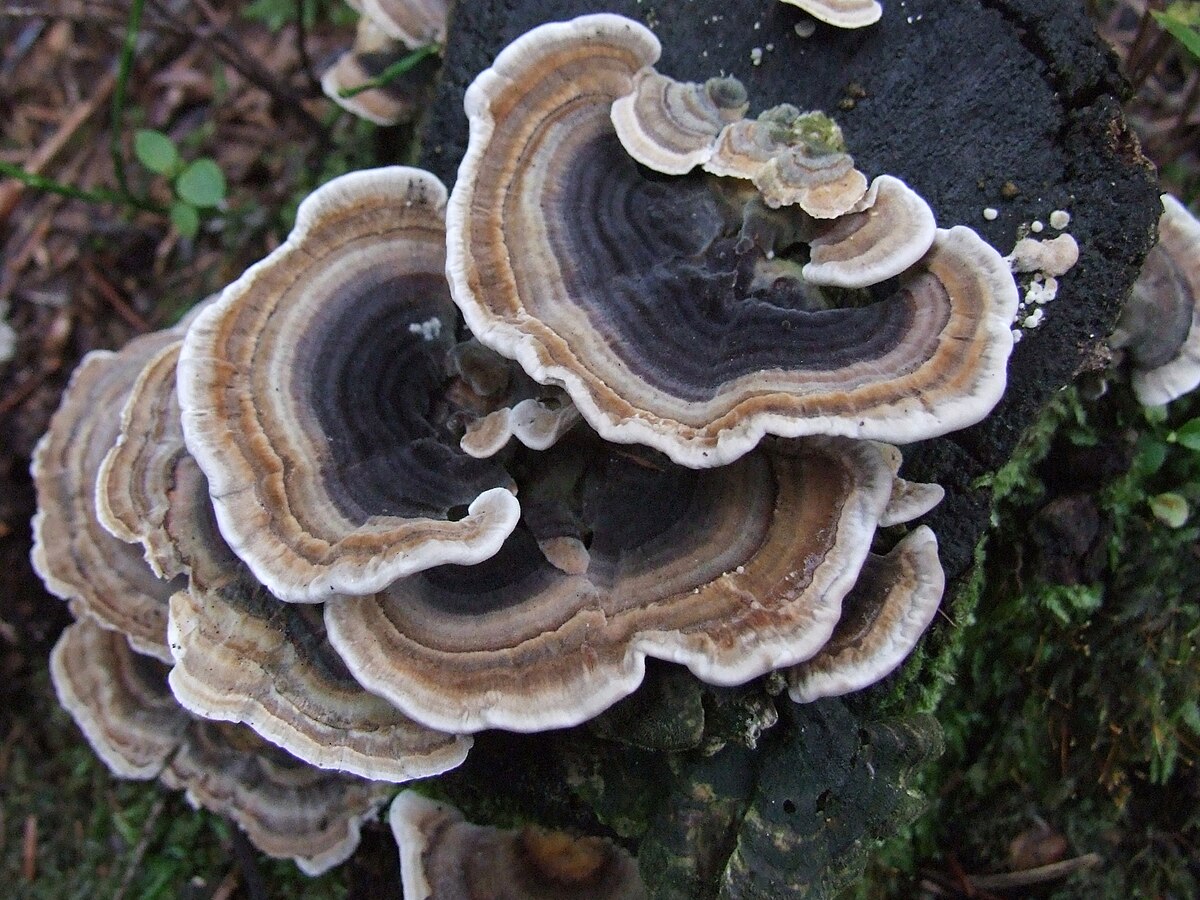
Cautions and Considerations
While mushrooms offer a world of wonder and potential benefits, it is crucial to remember that not all mushrooms are safe to eat. Some mushrooms are highly toxic and can cause serious illness or even death.
It is essential to only consume mushrooms that have been positively identified by an expert.
The enchanting world of mushrooms is a vast and captivating realm waiting to be explored. From their crucial role in the ecosystem to their potential benefits for human health, mushrooms are truly remarkable organisms.
Whether you are a nature enthusiast, a foodie, or simply curious about the natural world, mushrooms offer a fascinating glimpse into the wonders of life on Earth.
So next time you see a mushroom sprouting in your backyard or on a hike in the woods, take a moment to appreciate its beauty and the vital role it plays in the grand tapestry of life.
Remember:
- Always consult an expert before consuming any wild mushrooms.
- Research thoroughly before using any medicinal mushrooms.
- Appreciate the beauty and diversity of the fungal kingdom!








